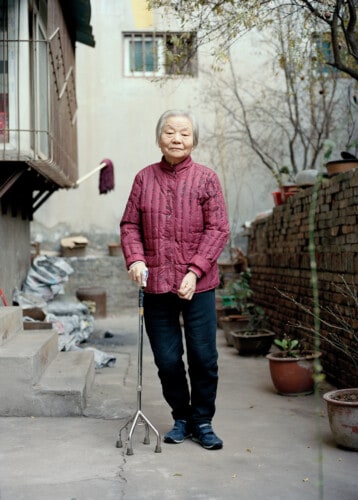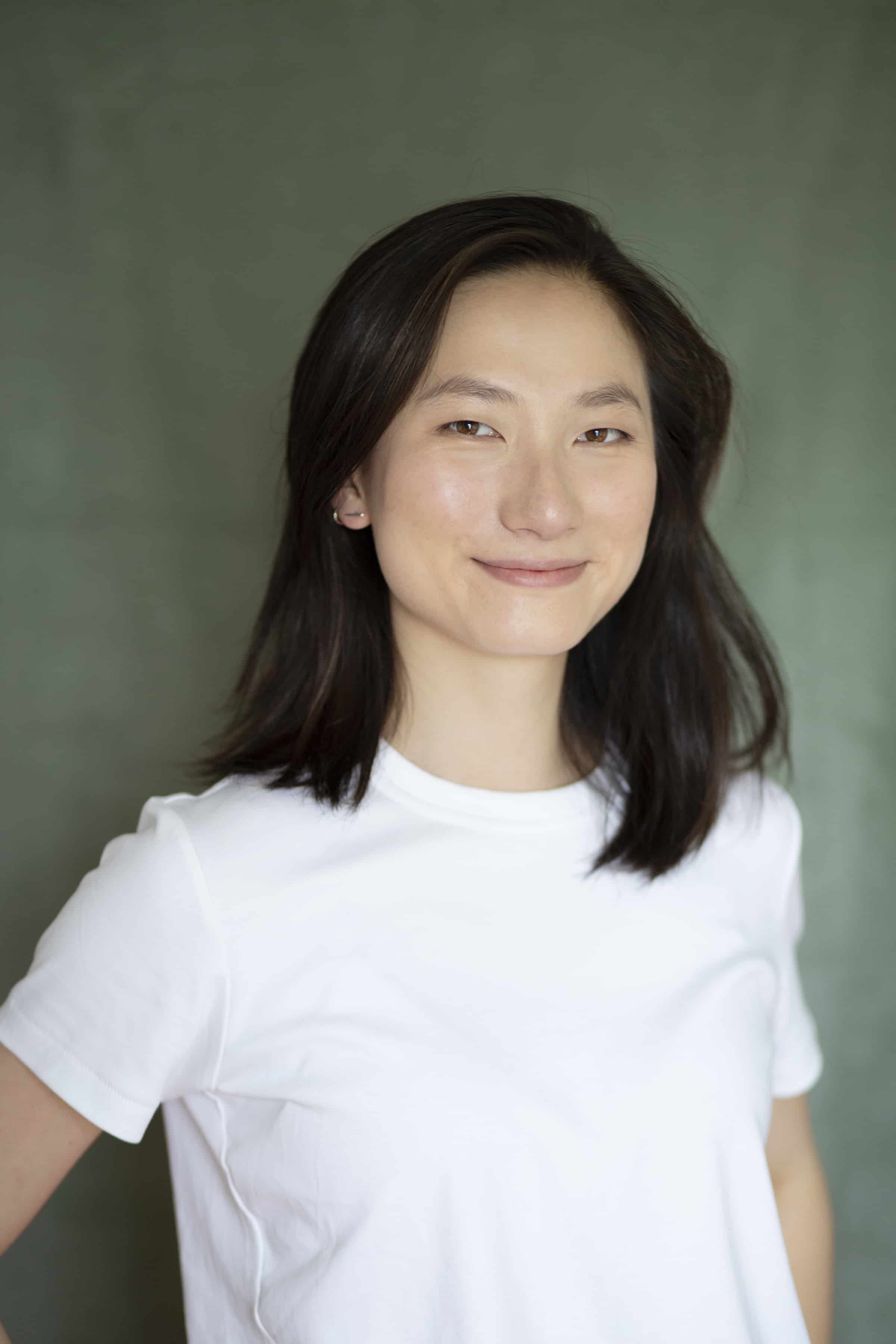Lucy Lu’s Da Pi Yuan, on now at Ryerson Image Centre, is an exploration & love letter to Lu’s first home: Xi’an, China. “Although Toronto has been home for most of my twenty-five years, Xi’an was where everything started,” Lu explains. “The memories of that time are as clear as they are nebulous, distinctly my own, but of a different lifetime. Having grown up very much embracing my Canadian identity, I’ve found my connection to my Chinese culture growing thin. My level of Mandarin is on par with that of a middle-school student, and my relationships with many extended family members in China have been worn down by distance and time.”
Lu had the opportunity to revisit her place of birth; she’s documented her journey in her photography. We asked her about the exhibit this week.
SDTC: What was it like to return to the place where you spent the first five years of your life?
LL: It was a deeply fulfilling experience. I had gone back there several times as a kid, but it felt good to go with purpose and to actually take notice of what has changed as an adult. It is definitely much smaller than I remember, and a lot of the surrounding buildings have been demolished. The city of Xi’an itself is now in constant flux, things are changing all the time, but I was surprised to find how some things have stayed the exact same. My grandparent’s house is the same. I still heard Hui Muslim prayers from a nearby mosque in the mornings and evenings, and the chime of a nearby clock tower is the same. I don’t think I can separate my memories from the reality there. Wherever I look, there’s familiarity and foreignness simultaneously.
What’s your favourite photo from the series?
My favourite photo is the portrait of my grandmother, whom I call “nai nai” in mandarin. I know it isn’t the “best” image of the show, but it’s my favourite. Obviously I’m a little bias, as I love my grandmother, so I love this image of her. And I think it’s also because of how inconvenient it was for her to pose for me that makes me really appreciate this image. My grandmother had a stroke a couple of years ago that left half of her body paralyzed. She’s always been a strong-willed and fiery woman, so she doesn’t like to be wheeled around in a chair. So, she simply opts to not go outside. But she was willing to go outside to pose for this photo for me, and she insisted on standing even though it’s more difficult for her. I think it’s a true depiction of her spirit, strong and dignified.

Lucy Lu, Nai Nai, 2017, inkjet print. Courtesy of the artist.
What does home mean to you now?
Home for me now is more of a feeling rather than a place. I feel at home when I am surrounded by loved ones, and when I feel that I’m free to be myself. Any place is only home because of the memories I make there.
Where are you at in terms of reconciling the different parts of your identity?
I think I’m accepting the fact that there are many things about Chinese culture I still want to learn about, many things I still don’t understand, but that doesn’t make me any less Chinese. I think it’s really a blessing to be able to experience both cultures from such a first-person perspective, so I’m grateful for it. I think I would definitely want my children to know their heritage, visit China and learn mandarin. I think it’s very important to keep these threads intact. Your heritage and family history brought you to where you are today, and made you who you are today, some aspects of which you don’t even realize. Culture and environment are such invisible hands to shaping who we are, so I think it’s important and very fulfilling to investigate that. Understanding your past doesn’t mean not moving forward, in fact it may inform you on how you want to move forward.
What do your grandparents think of your photos? Of your life in Canada?
They are really happy! They’re really too humble and can’t wrap their head around why I want to centre my project around them. But I think they’re happy and proud of me. They are definitely sad they don’t get to see me as much, but they always tell me they’re glad I’m able to access all the incredible opportunities I have here in Canada.
What aspects of the current situation in China do you take issue with?
There are quite a few things I take issues with, including the lack of free speech, censorship, the traditional roles women are still pressured into, and the human rights offences China has committed in the past and continues to commit, especially on ethnic minority groups. What I’m learning is that there is a long and complex history that has led to China’s current state today, and with a country of more than 1 billion people, there are no easy answers to many of the nation’s problems.
On the flip side, what do you miss about China?
What I miss is the incredible richness of the Chinese culture. There’s so much history everywhere you go, and such a diversity of customs, dialects, food, and landscapes. There’s endless innovation, creativity, and life. There’s always something exciting going on, and something good to eat! The food is obviously amazing and holds a deep place in my heart. And of course, I miss being around so much family.
What do you hope viewers take away from your show at RIC?
I hope viewers from all backgrounds will be able to be reminded of the beautiful, dream-like memories of their own childhoods that perhaps they haven’t visited in a while. I hope people will be able to relate to the story of migration, and feel inspired to dig into their own heritage, and explore the parts of themselves or their cultures that they’ve neglected. And I hope my images will offer a fresh perspective or challenge preconceived notions of what China/Chinese culture is like. I hope people will visit my beautiful home city of Xi’an on their next trip!
Lucy Lu: 大皮院 (Da Pi Yuan) is on at Ryerson Image Centre – Student Gallery (33 Gould St) from September 11 to October 20.




 Follow Us On Instagram
Follow Us On Instagram
